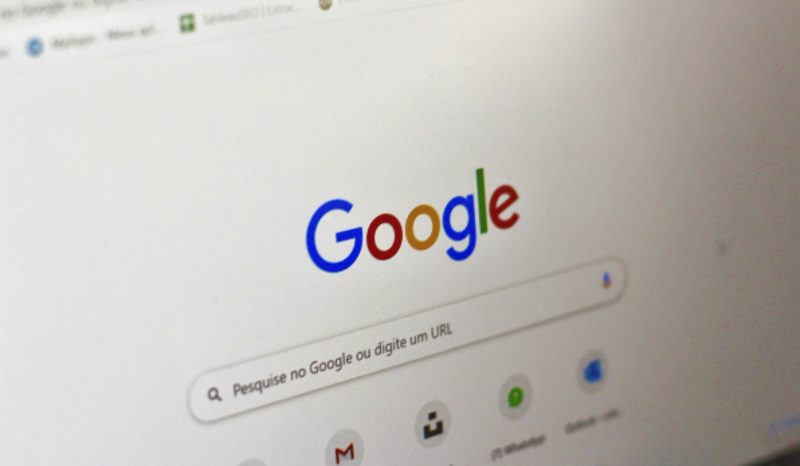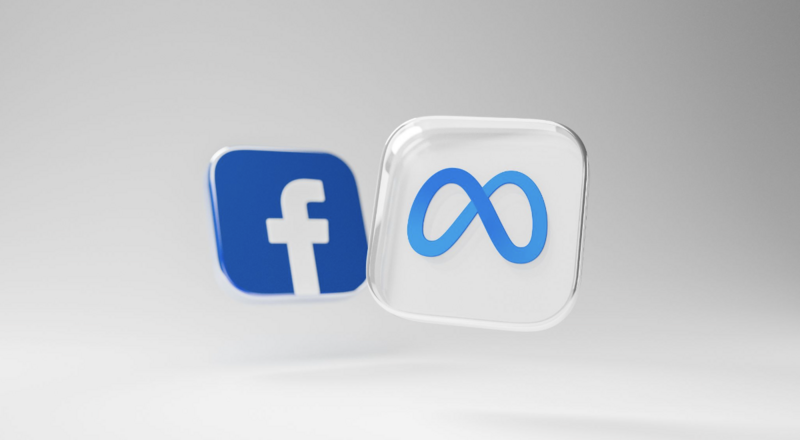What is a data clean room?
A secure platform where companies can share and compare their customer data.
Why would you need a special platform for that?
Most of what’s shared in a clean room is personally identifiable data — email addresses, purchase data, IP addresses — that a company has but isn’t allowed to share. A clean room ensures that sensitive data brought in doesn’t come out, which is generally considered to be safe under most privacy regulations.
.png)
.gif)


.png)

.png)

.png)
